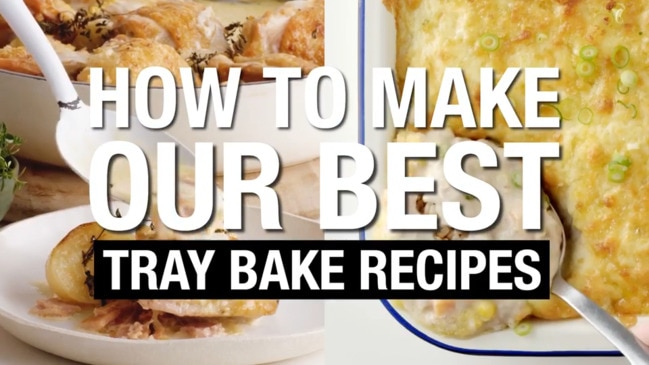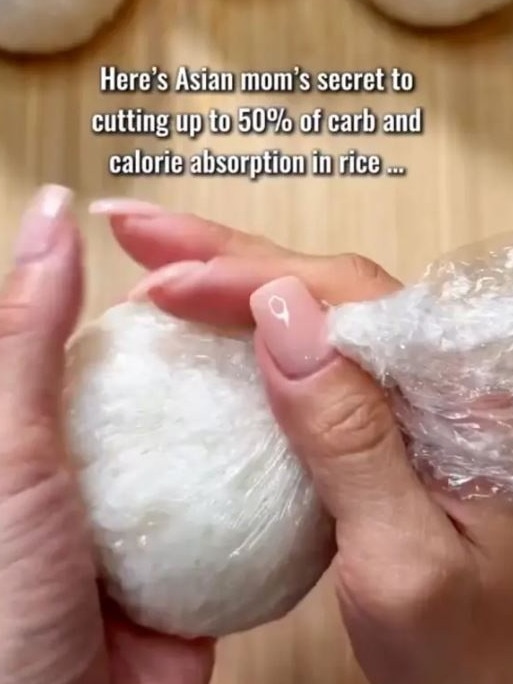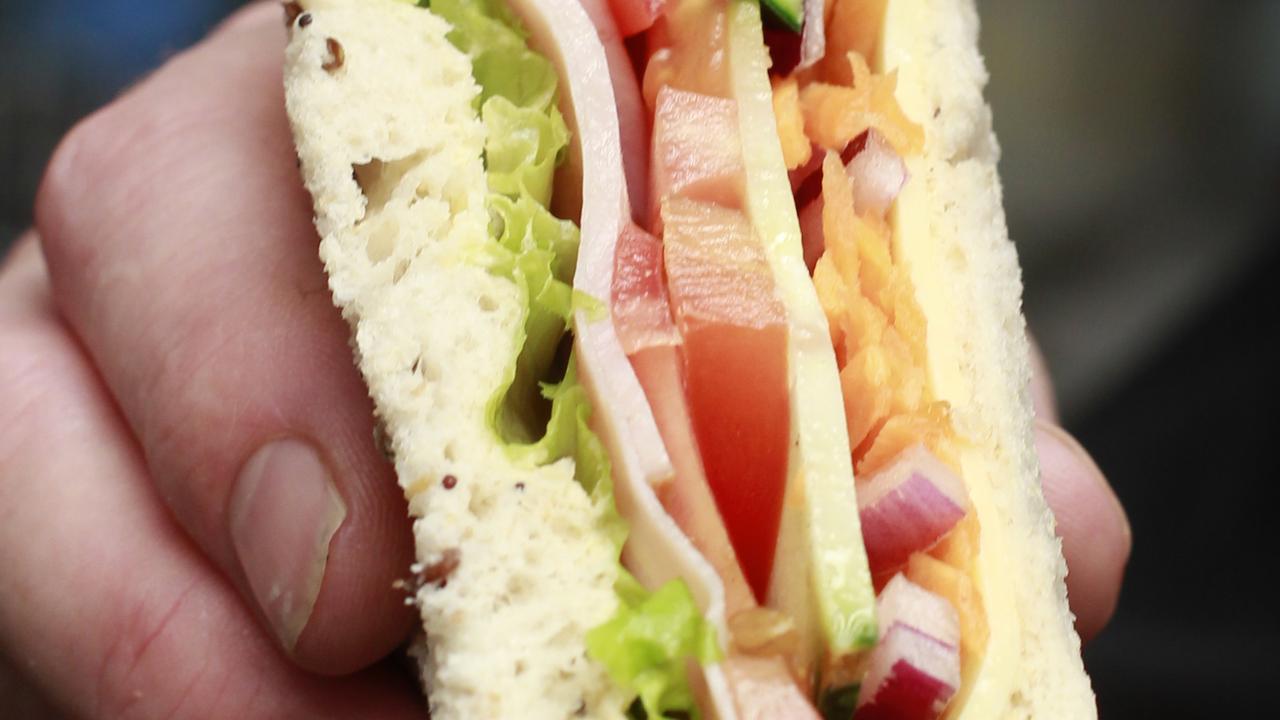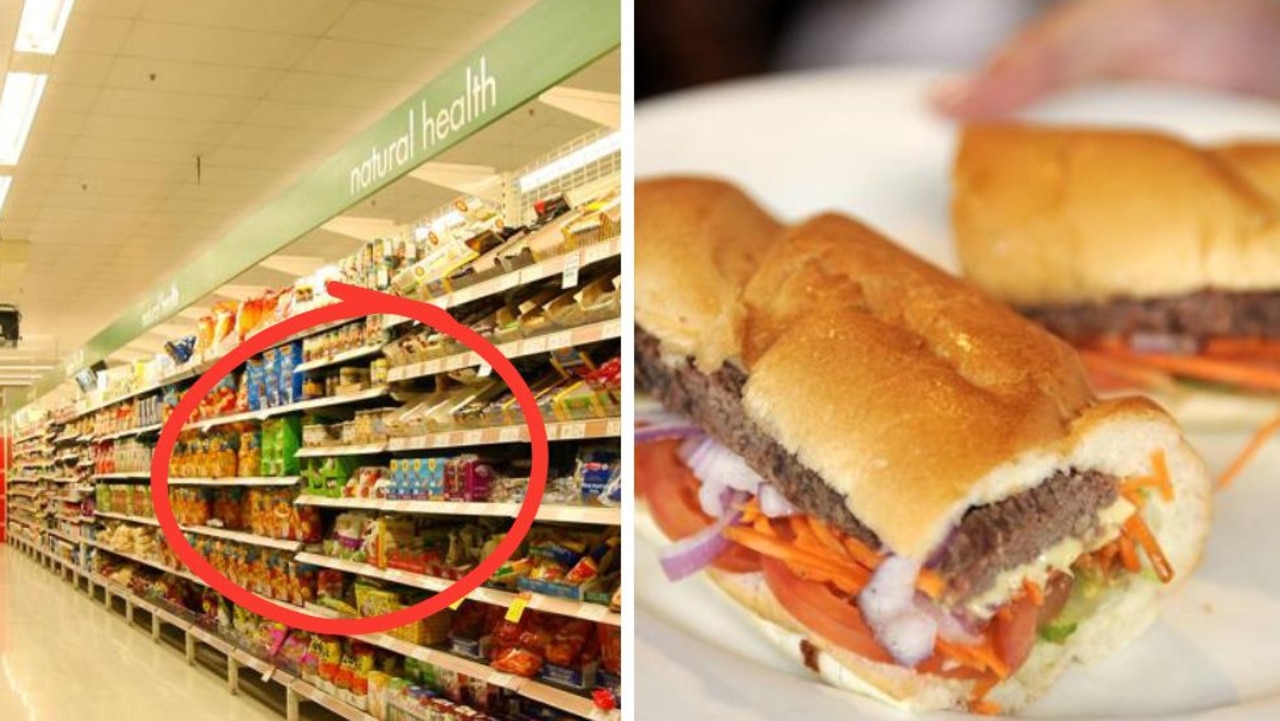This trick cuts 50 per cent of carbs from rice, pasta and bread
Rice, bread and potatoes contain a lot of carbs – but a doctor has revealed a viral hack that cuts these calories by as much as 50 per cent.

Nutrition
Don't miss out on the headlines from Nutrition. Followed categories will be added to My News.
A doctor has explained the science behind a viral hack that claims to cuts carbohydrates from rice, potato and bread by up to 50 per cent.
Linda, who posts under the handle @mamalindacooks, shared her “Asian mum secret” to cutting carbs and ultimately calories while still eating regular-sized portions.
While it might sound like just another toxic diet trick being peddled on social media, Dr. Karan Rangarajan has since explained the science behind it, revealing it can actually be beneficial for health and weight management.
“If you love rice and you love leftovers, this is gonna be your favourite food science hack,” he told his 5.2 million TikTok followers.
“Pretty much any leftovers that contain carbs — rice, bread, pasta, potatoes, legumes, oats — when you cook it and then you cool it or freeze it and then reheat it, it will now magically contain fewer calories.”
Dr. Rangarajan, best known as @dr.karanr on the social media platform, explained the magic lies in a chemical process called retrogradation.
After being cooled and reheated, many of the starches in carb-rich foods become resistant to digestion in the small intestine. Instead, they move to the colon, where gut bacteria can ferment them.
“Those carb-y leftovers become a wannabe fibre, aka prebiotics. They feed beneficial bacterial species like bifidobacteria and Lactobacillus,” he said.
Dr. Rangarajan added that resistant starch improves bowel regularity and stool bulk and can even reduce the risk of colon cancer.
Further, and to the benefit of diabetics, resistant starch has a lower glycaemic impact.
“This means it can reduce blood sugar spikes after eating and help keep stable blood sugar levels,” he continued.
“Additionally resistant starch can increase feelings of fullness and reduce hunger pangs because it ferments more slowly in the gut.
“So by increasing satiety, leftover carbs can actually increase portion control and weight management.”


Because resistant starch ferments in the gut more slowly, it promotes feelings of satiety and can support portion control and weight management.
However, reheating rice is not without risks, as there have been severe cases of “fried rice syndrome” if you fail to take the proper precautions.
Rice may contain spores of the common bacterium Bacillus cereus, which can release toxins that cause two types of foodborne illnesses — diarrhoea and vomiting.
Though the phenomenon is known as fried rice syndrome, it can also affect pasta and potatoes.
Symptoms can emerge within six to 12 hours. Though not life-threatening, serious infection is more likely in immunocompromised people. In extreme cases, it can lead to liver failure.
Tips for cooking rice safely
– Cook smaller batches of rice in a rice cooker instead of one large batch.
– If you keep the rice in a rice cooker on the “keep warm” setting, use a thermometer to make sure it stays at least 150 degrees.
– Don’t put a hot, covered pot of rice in the fridge — use several smaller containers instead.
– Once the rice is in a container, place it right into the fridge.
– When in doubt, throw it out.
Originally published as This trick cuts 50 per cent of carbs from rice, pasta and bread





